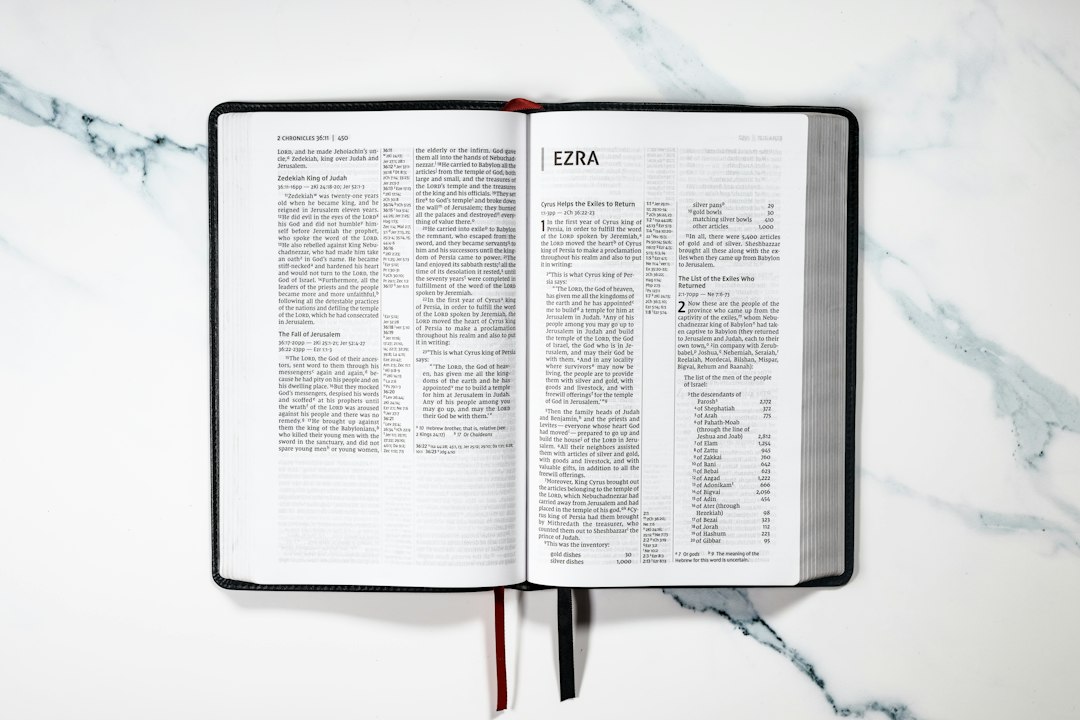Uncovering the Historical Roots of Religious Festivals
Religious festivals have been an integral part of human culture since ancient times. These festivities play a significant role in connecting people to their faith, traditions, and beliefs, often bringing communities together and fostering a sense of unity and spirituality. However, it is important to recognize that these celebrations are not mere products of religious doctrine but are deeply rooted in history, carrying a rich legacy that goes beyond the confines of religion.
One of the oldest known religious festivals is the ancient Egyptian festival of Opet, which dates back to approximately 1550 BCE. This celebration was dedicated to the god Amun-Ra and involved a grand procession where the Pharaoh, accompanied by priests and citizens, paraded through the streets of Thebes. This festival served not only as a demonstration of the Pharaoh’s divine status but also as a means to renew the bond between the Pharaoh and the gods, ensuring the prosperity and well-being of Egypt.
Moving across continents and centuries, we find ourselves in ancient Greece, where religious festivals such as the Olympic Games and the Eleusinian Mysteries took place. The Olympic Games, held in honor of Zeus, were a testament to the Greeks’ physical and spiritual excellence, with participants from various city-states coming together in friendly competition. On the other hand, the Eleusinian Mysteries were secretive rituals celebrated in Eleusis, a small town near Athens. These initiation ceremonies were dedicated to the goddesses Demeter and Persephone and aimed to enlighten participants about the mysteries of life, death, and rebirth.
As we delve further into history, the Roman Empire emerges, bringing with it a plethora of religious festivals. The Roman festival of Saturnalia, for example, was celebrated in honor of Saturn, the god of agriculture, and was marked by feasting, gift-giving, and a temporary reversal of social roles. This festival was a time of joy and merriment, where people indulged in excesses and momentarily set aside societal norms. The Christian festival of Christmas, which later replaced Saturnalia, still bears some remnants of these festive customs.
Moving closer to the present day, we encounter religious festivals that have shaped the modern world. For instance, the Hindu festival of Diwali, also known as the Festival of Lights, showcases the triumph of light over darkness and good over evil. This celebration is deeply rooted in the ancient Hindu epic, Ramayana, where Lord Rama, along with his wife Sita and brother Lakshmana, returns to their kingdom after defeating the demon king Ravana. Diwali is not only a time of devout prayer but also a time to illuminate homes with candles and lamps, set off fireworks, exchange sweets, and share joy with loved ones.
Another prominent religious festival is Easter, celebrated by Christians worldwide in commemoration of the resurrection of Jesus Christ. With its roots in Jewish Passover traditions, Easter encompasses various customs and symbols, including the Easter bunny, eggs, and the traditional Easter Sunday church service. These elements, intertwined with Christian beliefs, resonate with the notions of new life, rebirth, and the triumph of light over darkness.
In exploring the historical roots of religious festivals, we discover a tapestry of traditions, beliefs, and human aspirations woven throughout time. These festivals speak to our deepest desires for connection, understanding, and meaning. They remind us of our shared history and the fundamental questions that have confronted humanity since time immemorial.
Therefore, as we participate in these festivities, let us not forget to honor the historical tapestry which they are a part of. Let us appreciate the multifaceted nature of religious celebrations and embrace the opportunity to learn from our past. By recognizing and understanding the historical context of religious festivals, we can deepen our appreciation and foster dialogue, leading to greater tolerance, respect, and unity among diverse communities throughout the world.

